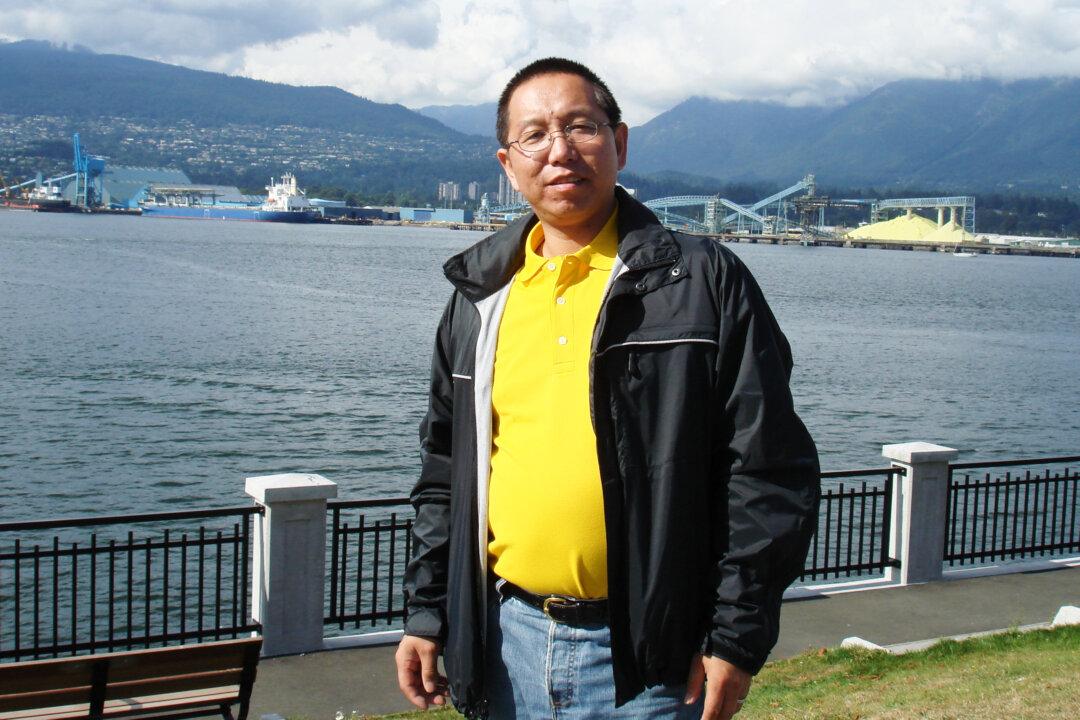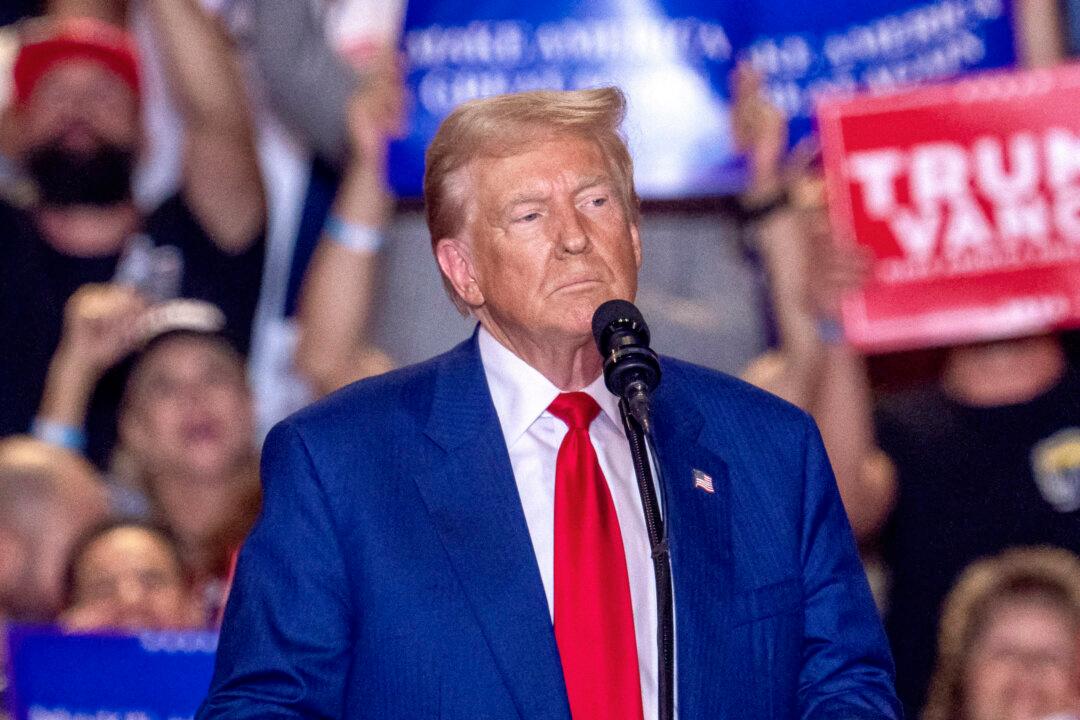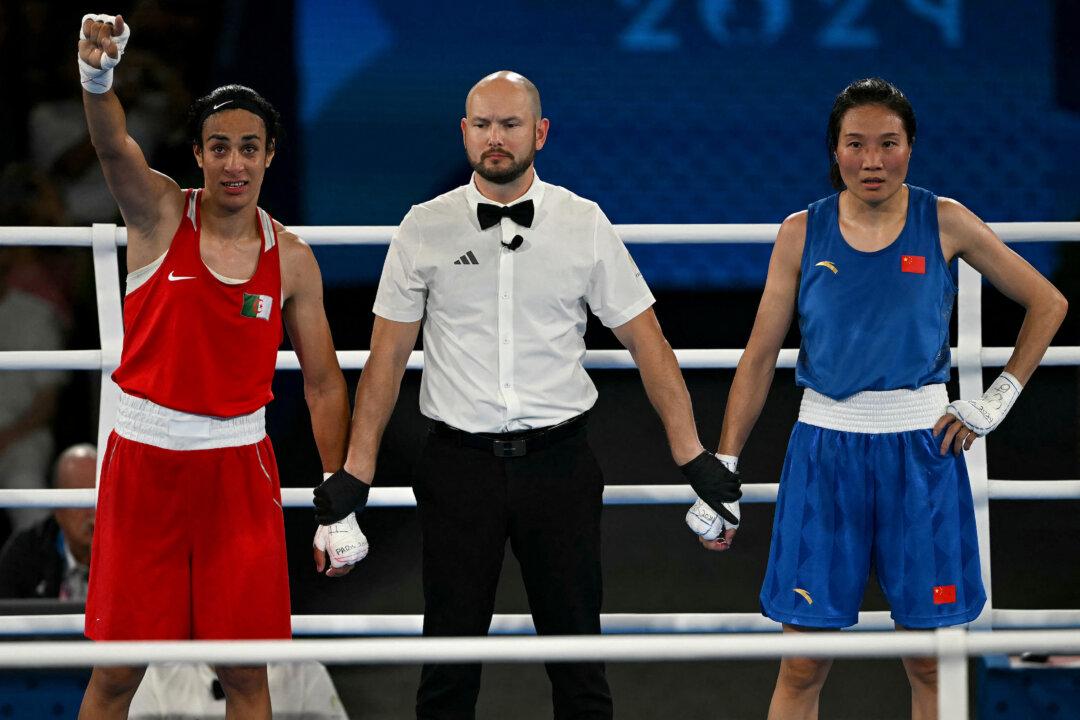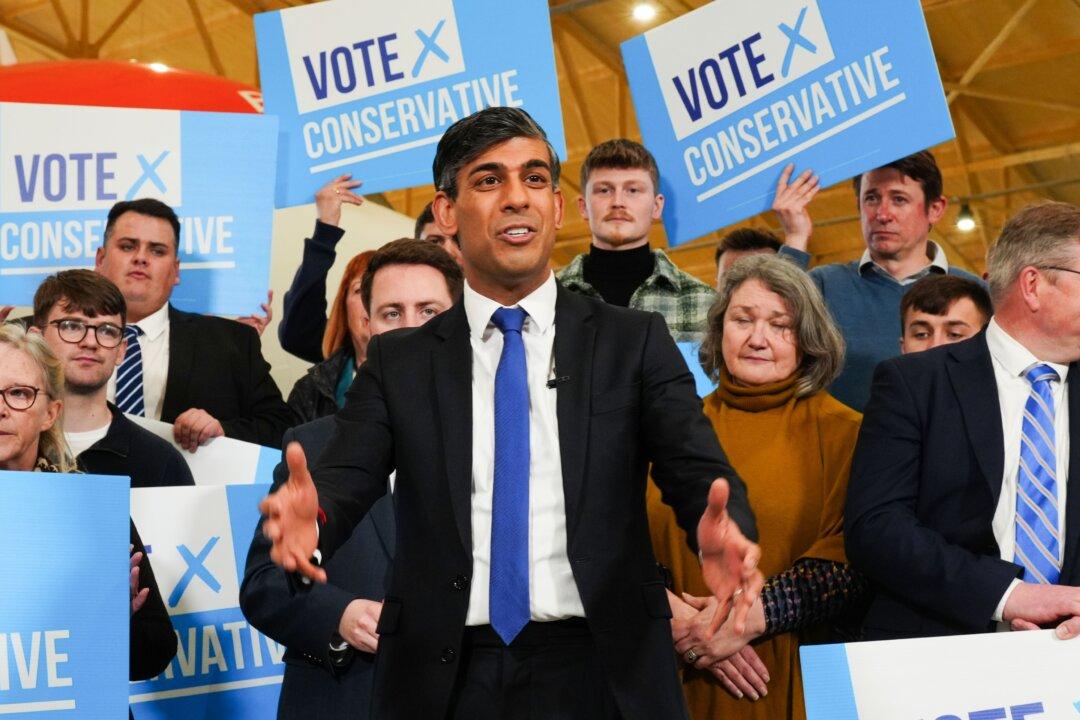Driving from their home in New York to Cambridge, Massachusetts, Harrison Li had no idea it would be the last time he saw his father for more than a decade.
It was the summer of 2016, and Li was about to resume his studies at Harvard. After dropping him off, his father returned to Long Island, where he was making final preparations for his own trip to Shanghai.




